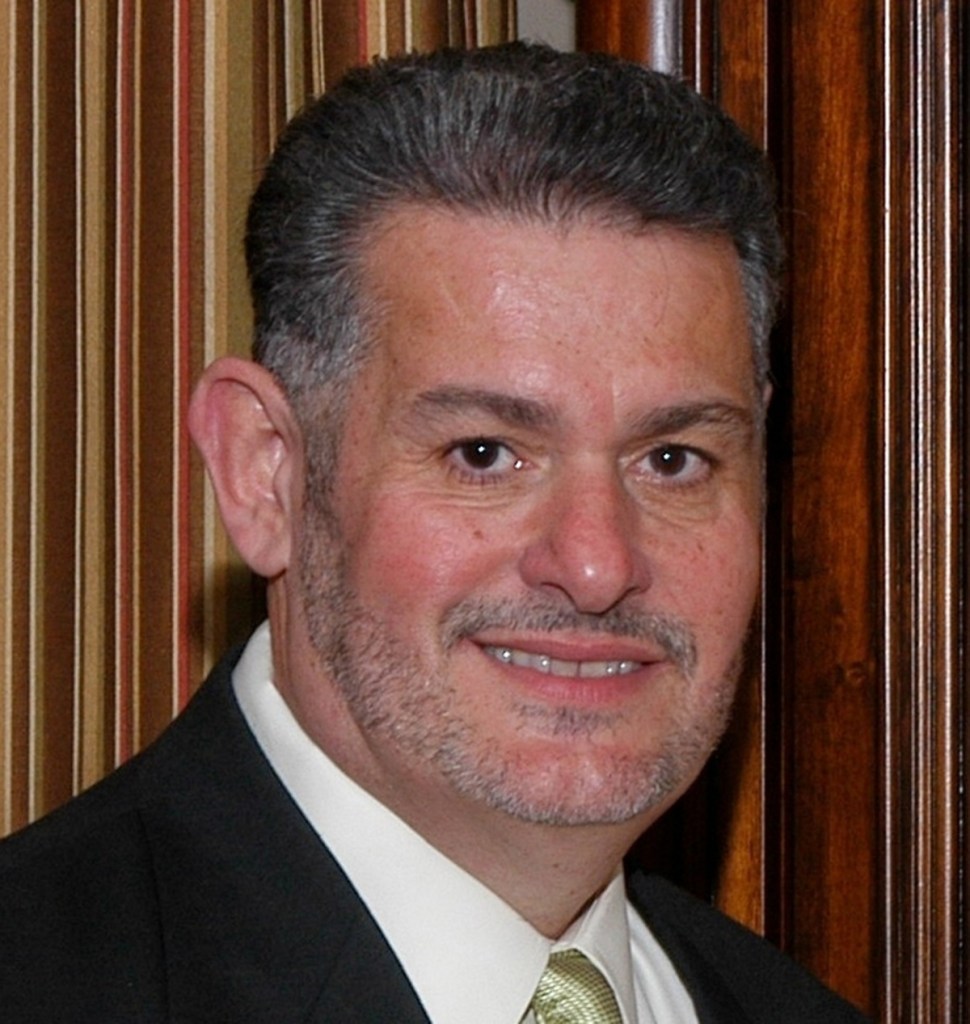Thibodeaux could begin serving sentence next week
Published 7:00 am Wednesday, October 13, 2021

- Mike Thibodeaux
Former Iberia parish Clerk of Court Michael Thibodeaux will be in state district court again Friday, this time for a hearing on a motion to make his 30-month sentence on malfeasance charges and payment of $50,000 in restitution executory.
That motion, which the 16th Judicial District Court District Attorney’s Office filed on Oct. 5, asks that Thibodeaux begin serving his sentence within 14 days of the denial of his writ before the Supreme Court that same day, meaning he could begin serving jail time next week unless circumstances change.
If the Supreme Court had rendered a decision on Thibodeaux’s request to have his convictions thrown out, even if they decided against him, he could have filed for a further appeal. But because the court merely denied the writ, he has no further avenue for appeal.
Thibodeaux’s lawyer, John McLindon, filed the writ with the Louisiana Supreme Court in hopes of having the convictions — seven counts of malfeasance, for which Thibodeaux was sentenced to 30 months in jail, plus one count each of racketeering, theft, perjury and filing false public records to which 16th JDC Judge Lewis Pitman did not attach any additional jail time — reviewed.
That writ was filed after the Third Circuit Court of Appeal threw out a racketeering count against Thibodeaux. In a decision filed in March, 3rd Circuit Court of Appeals Judge Elizabeth A. Pickett wrote that the prosecution did not prove an essential element of the racketeering case — that Thibodeaux personally profited from the movement of funds from the Clerk of Court Office’s advanced fee account — acquitting Thibodeaux on that charge.
The 16th JDC District Attorney’s Office also sent a writ to the Supreme Court asking that the racketeering charge be reinstated. That writ was also denied last week.
In addition to the racketeering count, in its original ruling the Third Circuit panel threw out one theft count, one count of perjury and one count of malfeasance in office due to the U.S. Supreme Court’s decision last year in State of Louisiana v. Ramos that said non-unanimous felony verdicts were not constitutional, leaving 10 of the original 14 charges on which Thibodeaux had been convicted.
Thibodeaux was convicted in May, 2019, on one count of racketeering, two counts of theft over $25,000, one count of theft between $5,000 and $25,000, two counts of filing or maintaining false public records, seven counts of malfeasance in office and one count of perjury.
Thibodeaux was indicted in June, 2018, after a state investigative audit of the clerk’s office that found, between 2013 and 2016, more than $300,000 in advance court costs were kept in an account rather than being refunded, and that more than $200,000 of that amount was moved into an account for salaries and other expenses in the office.
The funds in question were from court costs paid in advance for ongoing cases. State law requires the clerk must hold those fees for five years before refunding them, but in many cases there was no judgment or other resolution to indicate that the litigation was complete.
The 14 charges were grouped roughly into three categories. One set of charges related to the process of “sweeping” funds paid in advance for court fees and costs from the office’s fiduciary account to its operations account after those lawsuits had been dormant for several years. State law requires that those dormant funds be sent to the state’s unclaimed property office, although very few clerks of court in the state had followed the practice until after a state legislative audit of Thibodeaux’s office.
Another group of charges involved a series of 344 uncashed refund checks the Clerk of Court’s Office sent out to attorneys and litigants for reimbursements. After those checks had been uncashed for years, Thibodeaux created new checks with the same account numbers but with the Clerk of Court’s Office as the payee, so the money could be moved from the fiduciary account to the office’s operating fund, instead of to the state unclaimed property account as required.
A third set of charges involved the keeping of a “box of cash” which was made up of cash register overages from the clerk’s office. Under state law, those monies should have been transferred to the office’s operating account.





